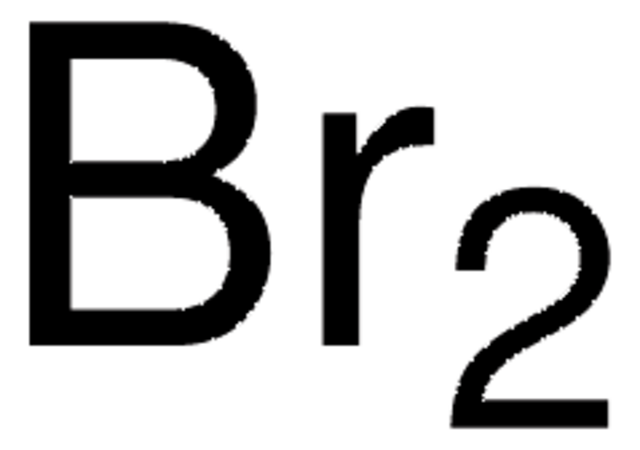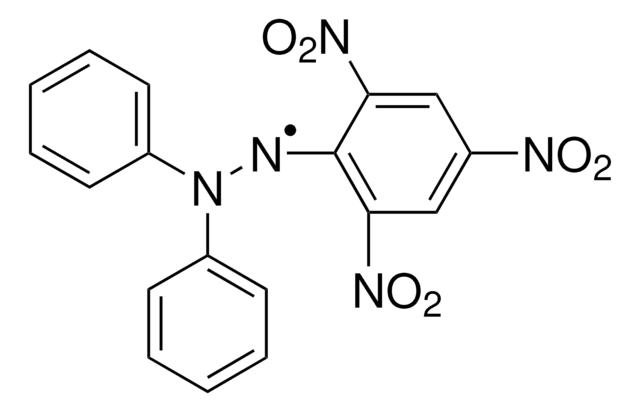About This Item
Recommended Products
grade
SAJ first grade
vapor density
7.14 (vs air)
vapor pressure
175 mmHg ( 20 °C)
671 mmHg ( 55 °C)
Assay
≥97.0%
form
liquid
availability
available only in Japan
resistivity
7.8E18 μΩ-cm, 20°C
bp
58.8 °C (lit.)
mp
−7.2 °C (lit.)
density
3.119 g/mL at 25 °C (lit.)
SMILES string
BrBr
InChI
1S/Br2/c1-2
InChI key
GDTBXPJZTBHREO-UHFFFAOYSA-N
Looking for similar products? Visit Product Comparison Guide
Signal Word
Danger
Hazard Statements
Precautionary Statements
Hazard Classifications
Acute Tox. 1 Inhalation - Aquatic Acute 1 - Eye Dam. 1 - Skin Corr. 1A
Storage Class Code
6.1A - Combustible acute toxic Cat. 1 and 2 / very toxic hazardous materials
WGK
WGK 2
Flash Point(F)
Not applicable
Flash Point(C)
Not applicable
Personal Protective Equipment
Choose from one of the most recent versions:
Already Own This Product?
Find documentation for the products that you have recently purchased in the Document Library.
Our team of scientists has experience in all areas of research including Life Science, Material Science, Chemical Synthesis, Chromatography, Analytical and many others.
Contact Technical Service






